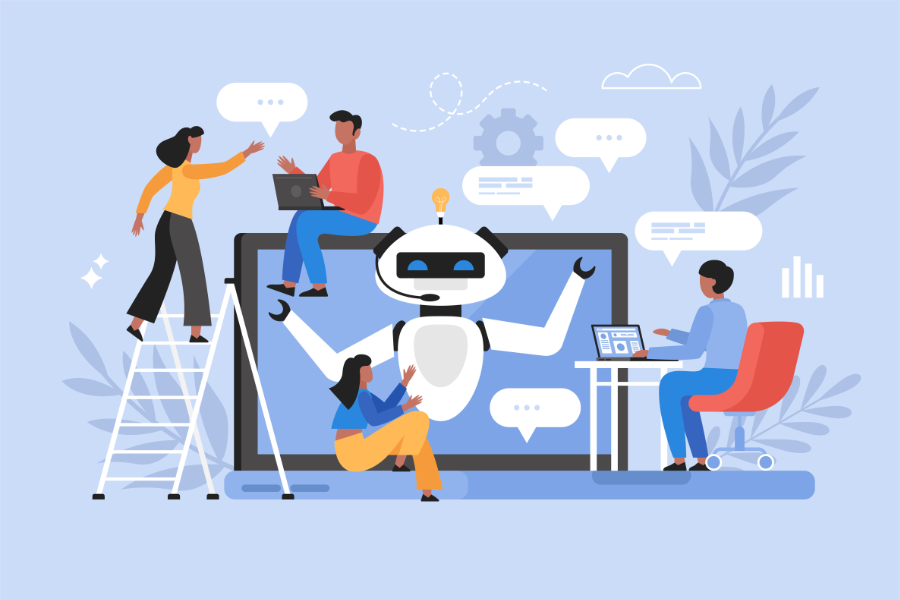
Atostek’s new AI assistant: AI-Mari answers HR questions and speeds up work routines
Atostek has developed AI-Mari, an AI-powered HR tool that can answer questions such as sick leave or family leave, based on internal company guidelines. The aim is to use the same technology in large software projects and offer it to customers.
Atostek’s AI assistant AI-Mari has been implemented in Microsoft’s Azure cloud service and is based on the GPT-4 language model. AI-Mari uses AI-based search, and its database has been extensively filled with Atostek’s internal guidelines for staff, as well as the IT service sector collective agreement and the annual holiday law.
In practice, AI-Maria is used in much the same way as, for example, ChatGPT, but it bases its answers on the data stored in its database and also provides references to its answers.
With AI-Mari, employees can get answers to their questions quickly, saving time for HR. The experience has been positive, and AI-Mari has been in active use from day one.
“An absolute advantage of AI-Mari is that it allows you to get the answer to your question immediately. In addition, the answers it has provided have been surprisingly good. AI is not meant to replace real people, but rather to act as a handy assistant,” says Annamari Lehtinen, HR specialist at Atostek.
The many possibilities of artificial intelligence
Nowadays, AI can be used in a wide range of work activities. Examples of everyday uses include language translation and illustration. The technology used in AI-Mari can be directly applied to any kind of data that can be used to ask AI questions.
“AI, similar to AI-Mari, can also be integrated into various service chains. This means that the user interface may not necessarily be a chat window; instead, the AI operates in the background across various functions,” says Risto Pitkänen, Principal Consultant at Atostek.
Atostek is planning to use an AI similar to AI-Mari for large software projects, serving as an assistant in questions related to work guidelines, documentation, and practices.
“The AI could also be a good help in the development of medical software in particular, as projects in this area are subject to a very strict quality system for regulatory purposes,” Pitkänen sums up.
Generative AI linked to databases will also be offered to Atostek’s customers. For example, service personnel would benefit from an AI application that can extract the relevant points from service manuals and previous service cases based on a description of the device’s fault and answer follow-up questions.